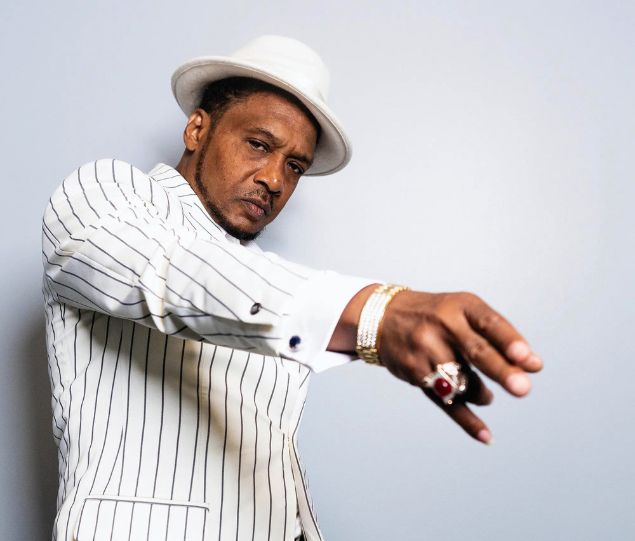
Bob Marley And The Wailers’ “Catch A Fire” Has Turned 50
Bob Marley, Peter Tosh, and Bunny Wailer, collectively known as The Wailers, have once again achieved chart success as their 1973 album, Catch a Fire, has re-entered Billboard’s Reggae Albums chart 50 years after its initial release. The album, widely considered as the catalyst for the group’s rise to global fame, has made its resurgence alongside two other classic albums from the band, Exodus and Rastaman Vibration, which have re-entered the Top 10 of the chart, sitting at No. 9 and No. 10, respectively.
The critically acclaimed Catch a Fire was released in April 1973, a year after The Wailers signed a contract with Island Records. It was recorded primarily in Kingston, Jamaica, at Dynamic Sounds, Harry J, and Randy’s studios. The album was later mixed and overdubbed under the supervision of Island Records founder, Chris Blackwell, at the label’s London headquarters. The album contains nine songs, with two tracks, 400 Years and Stop That Train, written and composed by Peter Tosh, and the rest penned by Bob Marley, including Concrete Jungle, which features bassist Robbie Shakespeare.
Upon release, Catch a Fire peaked at No. 171 on Billboard’s 200 Chart and reached No. 51 on the R&B chart. Although Bob Marley’s voice dominated the album, every member of The Wailers made valuable contributions, and the group was never more united in their vision and sound. In retrospect, Catch a Fire was used by Island Records to create a reggae-marketing template that established Marley as a black rock act.
According to Professor Mike Alleyne, who spoke at the 15th Annual Bob Marley Lecture at the University of the West Indies, Mona, in February 2012, the original recording of Catch a Fire was substantially remixed in England. The bass frequencies were de-emphasized, and keyboard and guitar overdubs were added to give the album a distinctive rock tinge. This was the result of Island Records’ intention to establish Marley as a black rock act, said Alleyne, who highlighted the Rock influence established by Island’s Chris Blackwell from the start.
Despite the remix, Tony Platt, the engineer for the mixing sessions, revealed that Bob Marley was there from the start and was aware of the process and “quite aware of where it was going to take him” while understanding that “it was a message he wanted to get across.”



